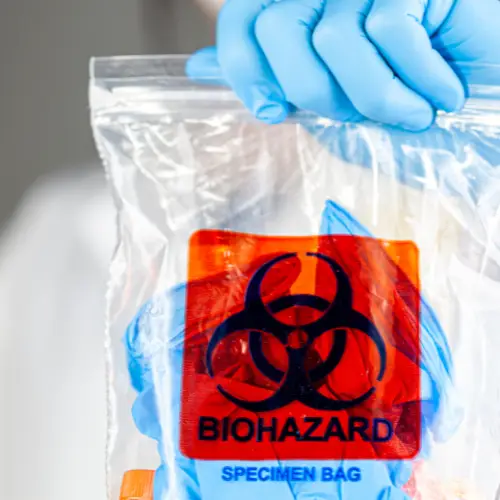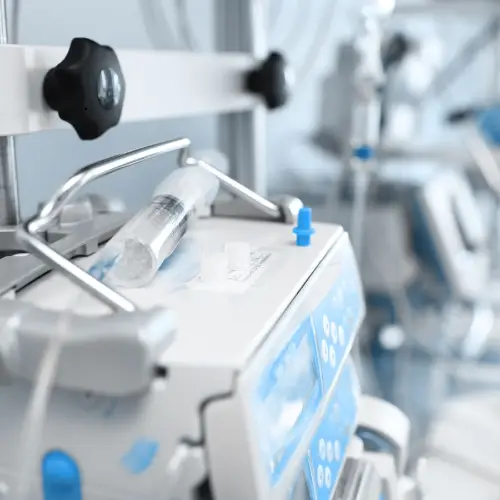Medical couriers play a vital role in the healthcare system, serving as crucial links in the chain that ensures timely and secure transportation of medical specimens, supplies, and records. These dedicated professionals are essential in maintaining the efficiency and effectiveness of healthcare facilities, laboratories, and clinics. Their responsibilities extend beyond mere delivery; they are entrusted with transporting specimens such as blood samples, tissue samples, and lab reports that are critical for diagnostic procedures and treatment decisions. The term “medical courier” encompasses a wide range of specialized tasks, from collecting specimens at patient bedside to ensuring these samples reach laboratories promptly and in optimal condition for testing.
One of the primary responsibilities of medical couriers is to adhere strictly to protocols that maintain the integrity and safety of medical specimens. They must follow established procedures for handling and transporting biological materials, often requiring them to be trained in biohazard safety protocols and infection control measures. This meticulous attention to detail is essential to prevent contamination, degradation, or loss of specimens, which could compromise the accuracy of diagnostic tests and patient care.
Moreover, medical couriers operate under stringent timelines, recognizing that delays in specimen transport can have profound implications for patient outcomes. Timeliness is critical in ensuring that laboratory testing can proceed promptly, enabling healthcare providers to make timely diagnoses and initiate appropriate treatments. In emergency situations, such as organ transplants or urgent diagnostic testing, medical couriers play a pivotal role in ensuring that specimens are prioritized and delivered with utmost urgency.
Beyond specimen transport, medical couriers also facilitate the seamless delivery of medical supplies and equipment between healthcare facilities. This includes pharmaceuticals, medical records, imaging studies, and even sensitive equipment needed for patient care. Their reliability and efficiency contribute significantly to the smooth operation of healthcare institutions, allowing healthcare providers to focus on patient care without disruptions or delays in essential supplies.
In addition to their technical responsibilities, medical couriers often serve as ambassadors for healthcare facilities, embodying professionalism and compassion in their interactions with patients and healthcare staff. They may interact directly with patients during specimen collection, requiring them to demonstrate empathy and sensitivity to patient needs, especially in stressful or sensitive situations.
In conclusion, medical couriers are indispensable members of the healthcare team, playing a critical role in maintaining the integrity, efficiency, and responsiveness of healthcare delivery systems. Their meticulous attention to detail, adherence to protocols, and commitment to timeliness ensure that medical specimens and supplies reach their destinations safely and promptly. Without their dedicated service, the diagnostic capabilities and overall quality of patient care in healthcare facilities would be significantly compromised. Thus, medical couriers are not just transporters; they are essential partners in the intricate network that supports the delivery of healthcare services to patients in need.




